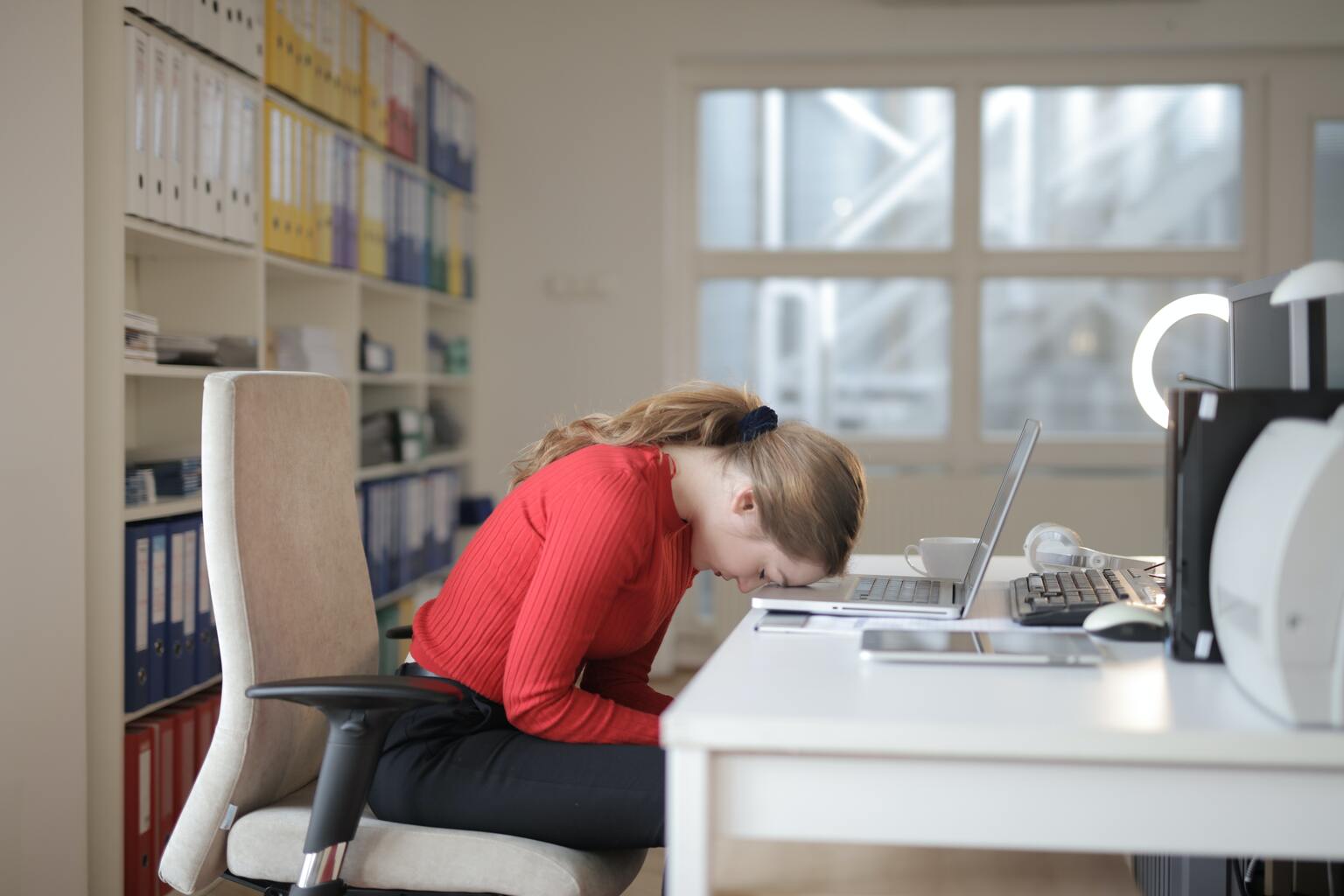It is normal to feel more tired in winter compared to warmer, brighter months—but winter fatigue certainly doesn’t have to be a given, especially if it keeps you from enjoying your everyday activities or feeling productive at work. There are many strategies you can adopt and tweaks you can make to your daily routine to help keep your energy levels up even as temperatures drop. Read our best tips on ways to increase energy on those short, gray winter days—and feel your best all season long.
Why Is Fatigue Worse in Winter?
There are many reasons you might feel more tired in winter, but the biggest culprit is the lack of daylight. This decrease in daylight tends to affect your circadian rhythm—the body’s 24-hour processes that respond to light and dark—and the body’s production of melatonin. If your circadian rhythm is thrown off (from travel, sleep disturbances, or lack of exposure to sunlight) it can result in fatigue, insomnia, difficulty concentrating, and depression. Luckily, there are lots of ways to naturally boost energy and mediate the effects of decreased daylight on the body.
Try Light Therapy
Light therapy offers a multitude of benefits during the darker months of the year and thanks to an influx of quality light therapy devices on the market, it is now more accessible than ever before. Light therapy devices are thought to boost serotonin levels—a key chemical in determining mood, sleep, digestion, and more. These devices simulate sunlight and can offer benefits for those who feel tired in winter with just 5 to 15 minutes of usage a day. Most experts recommend that you use light therapy first thing in the morning to give you a boost right as you rise—you may notice you feel happier and sleep better within just a few days.
Eat for Energy
You may feel less tired in the winter with a well-balanced diet that provides your body with the nutrients it needs to function and create energy. Prioritize fruits (like the abundantly available winter citrus) and vegetables. Round out your diet with energy-boosters that beat winter fatigue, such as fatty fish, avocado, nuts, legumes, and complex carbs like quinoa, sweet potatoes, and oatmeal. Avoid processed foods and sugar-laden treats which can cause a quick jolt of energy and then a fast drop.
Get the Nutrients You Need
Even with the best diets it can be tricky to get all of the nutrients and vitamins your body needs to feel its best and keep you from feeling tired in the winter. That’s where daily supplements can help fill the gaps in your diet and make sure your body’s natural processes are supported. While individual supplement needs vary, many people find that taking magnesium chloride helps support better sleep. Others find that iron is a successful way to increase energy levels, as iron is essential for creating hemoglobin and transporting oxygen through your bloodstream to your tissues and muscles—many vegans and vegetarians find that an iron supplement is helpful in getting their daily recommended iron intake.
Exercise at the Right Times
Exercise is one of the best ways to increase energy in order to keep fatigue at bay. If you feel tired in winter, consider exercising strategically: exercising first thing in the morning can help get your blood flowing and leave you feeling alert and ready to start your day. If you don’t have time to work out first thing, an afternoon workout does wonders for combatting that naturally-occuring energy slump many of us feel after lunch—and will fend off the desire to reach for a short-term energy booster, like a sugary snack or that extra cup of coffee. The one time you probably don’t want to exercise is within two hours of your regular bedtime, as you’ll find that the endorphins you created might leave you feeling energized when it is better for your body to wind down.
Get Outside Every Day
Sometimes it’s the last thing you want to do during the freezing cold winter months, but getting outside is one of the best ways to keep from feeling tired in winter. Unless it is unsafe to get outside due to extreme winter weather, experts recommend at least 120 minutes of outdoor time per week, or about 20 minutes a day. Whether you choose to embrace the cold and snow with activities like cross country skiing or snowshoeing, or simply choose to walk or jog outside, your body—and your energy levels and mood—are sure to reap the benefits.
Avoid Oversleeping
While it might be tempting to sleep in as late as possible or crawl into bed as soon as the sky starts to dim, oversleeping can actually do more harm than good when it comes to battling low energy in the winter, as your sleep needs do not change in the wintertime. If you tend to feel tired in winter, one of the best ways to increase energy is get yourself on a sleep schedule. Take extra care to wake at the same time every morning and go to bed at the same time every night and avoid long afternoon naps. If you find that your energy slumps in the afternoon, a quick 15-20 minute catnap should be enough to get you to the end of the day—anything more and you’ll do more harm to good, waking up feeling lethargic and undermining your evening routine.
Explore Nutrition Greenlife Naturally-Derived Supplements
With a variety of supplements for energy and daily use and an emphasis on quality, Nutrition Greenlife is a trusted resource for supplements online. Shop our supplements today and enjoy free US shipping on any order over $35.

